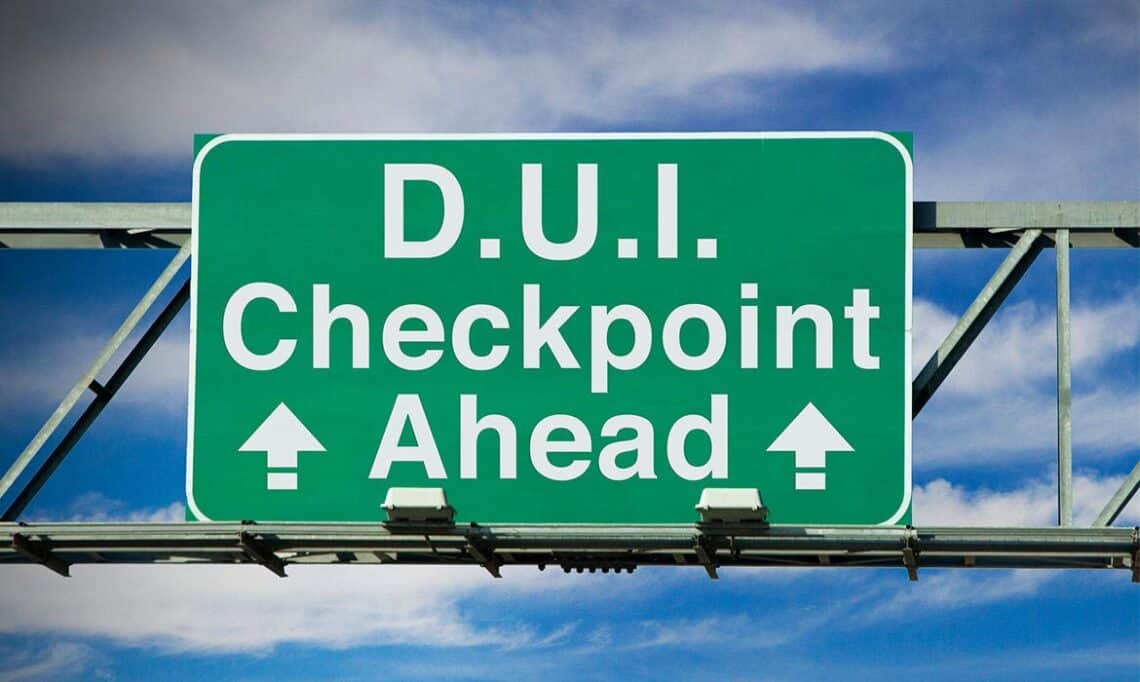Understanding The Difference Between A DUI And DWI In Long Island

Understanding the difference between a DUI and a DWI can be confusing, especially when you’re dealing with legal trouble. You might face these charges in Long Island if you’ve been caught driving under the influence of drugs or alcohol. Both DUI and DWI can have serious consequences, impacting your life and future. You might lose your license or pay fines. Jail time is also possible. In Long Island, DUI means you’ve been caught driving under the influence of drugs. DWI means driving while intoxicated by alcohol. Getting help from a Long Island DWI lawyer is important. They understand the local laws and can guide you through the legal maze. They can offer support and help you make informed choices. Understanding these terms and differences is the first step to making sure you’re prepared if faced with these legal challenges. Your future depends on taking swift and informed action.
What is a DUI?
In Long Island, DUI stands for “Driving Under the Influence.” This charge typically relates to driving under the influence of drugs, whether prescription or illegal substances. Even small amounts can impair your ability to drive safely. Law enforcement officers can arrest you if they suspect drug use while driving. Convictions can lead to fines, license suspension, or jail time. It’s important to know that using drugs, even legally prescribed ones, can lead to a DUI charge if they impair your driving.
What is a DWI?
DWI means “Driving While Intoxicated” by alcohol. In Long Island, this charge applies if your blood alcohol concentration (BAC) is 0.08% or higher. Officers may also charge you with DWI if your BAC is lower but your driving suggests impairment. Similar to a DUI, a DWI conviction can result in fines, license suspension, and jail time. The consequences are serious because driving while intoxicated can lead to accidents and endanger lives.
Key Differences Between DUI and DWI
The main difference between DUI and DWI in Long Island lies in the substances involved. DUI involves drugs while DWI involves alcohol. Although both are serious, the legal processes and penalties might vary. Here’s a simple comparison:
| Factor | DUI | DWI |
|---|---|---|
| Substances | Drugs | Alcohol |
| Legal Limit | N/A | 0.08% BAC |
| Penalties | Fines, License Suspension, Jail | Fines, License Suspension, Jail |
Legal Consequences
Both offenses carry penalties that can affect your life for years. First-time offenders might face lighter punishments, but repeat offenders risk harsher penalties. License suspension can make daily life difficult. Fines can strain your finances. Jail time separates you from loved ones. In some cases, additional charges may apply, especially if accidents or injuries occur. Engaging with a trusted legal advisor can help minimize these impacts.
Why Legal Help Matters
Facing DUI or DWI charges alone can be overwhelming. Legal experts know the details of New York laws. They can negotiate on your behalf, aiming to reduce penalties or get charges dismissed. They guide you in making informed decisions, protecting your rights, and securing your future. Their experience can be the difference between having a criminal record or moving past a mistake.
Steps to Take if Charged
- Don’t panic. Stay calm and remember your rights.
- Cooperate with law enforcement but avoid making incriminating statements.
- Contact a Long Island DWI lawyer immediately.
- Follow your lawyer’s advice throughout the process.
Conclusion
Understanding the difference between DUI and DWI is crucial for Long Island residents. Both charges can have lasting impacts on your life. Recognizing the substances involved and typical legal consequences is essential. Getting prompt legal help is vital. It ensures you navigate these challenges with support and expertise. By knowing your rights and responsibilities, you can address the situation effectively and protect your future.


